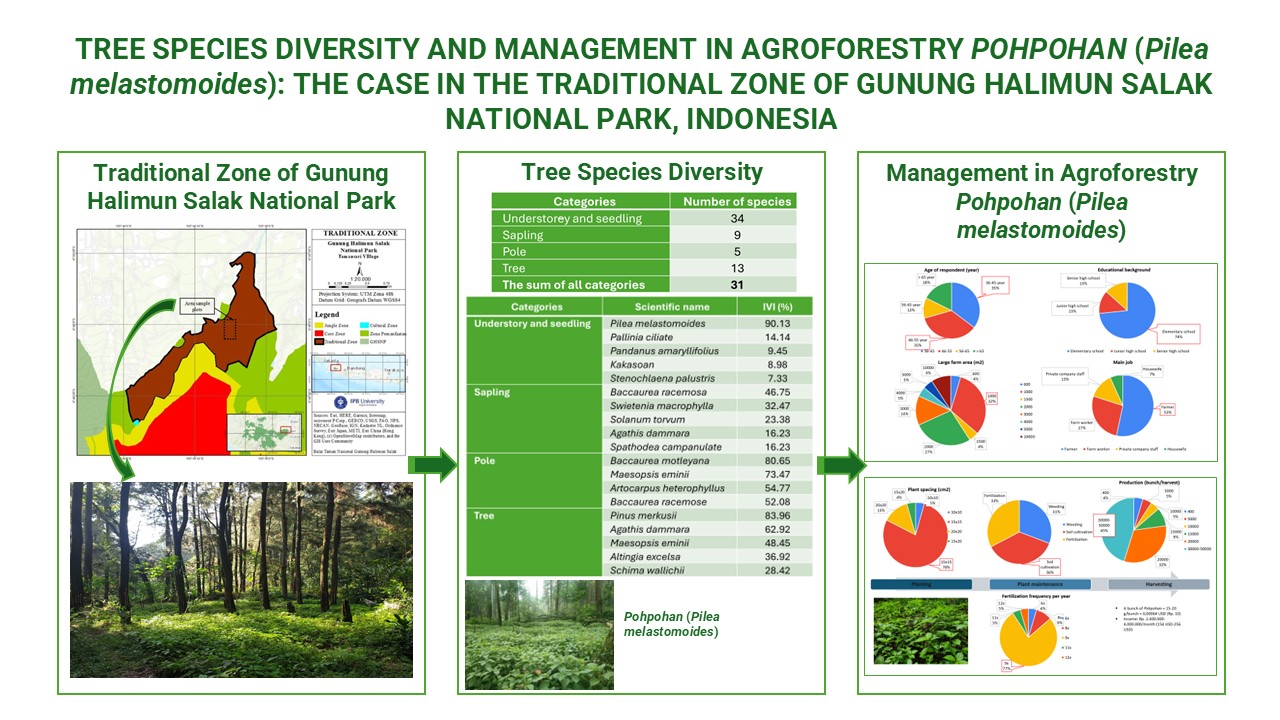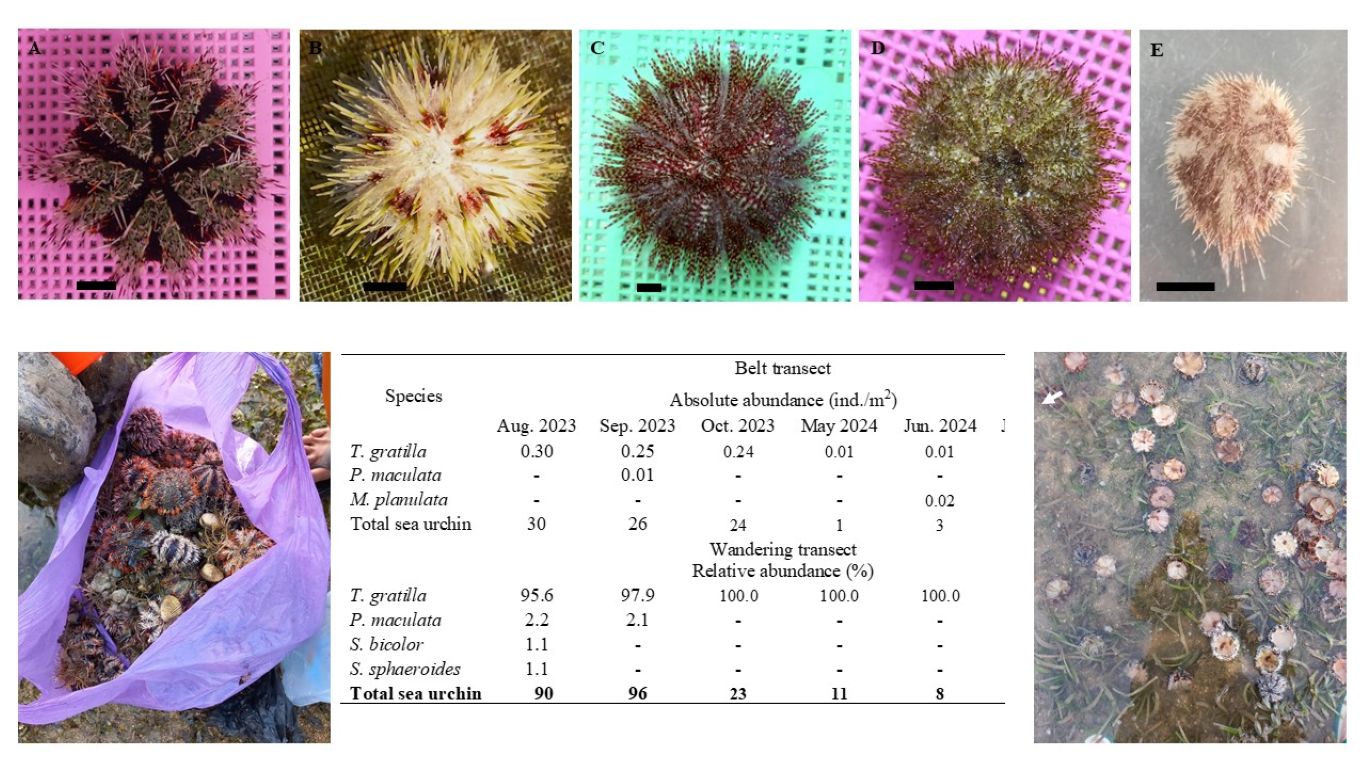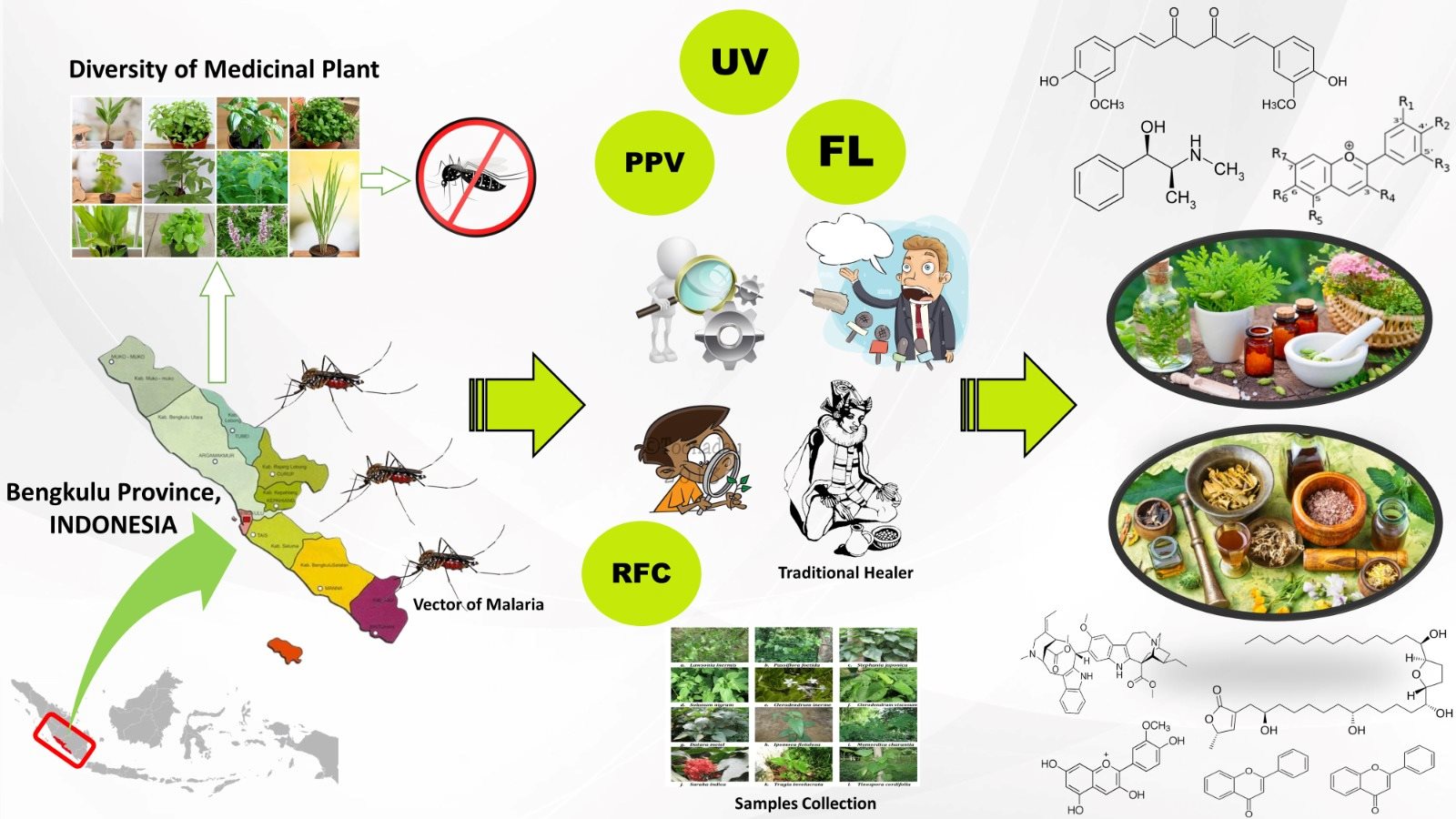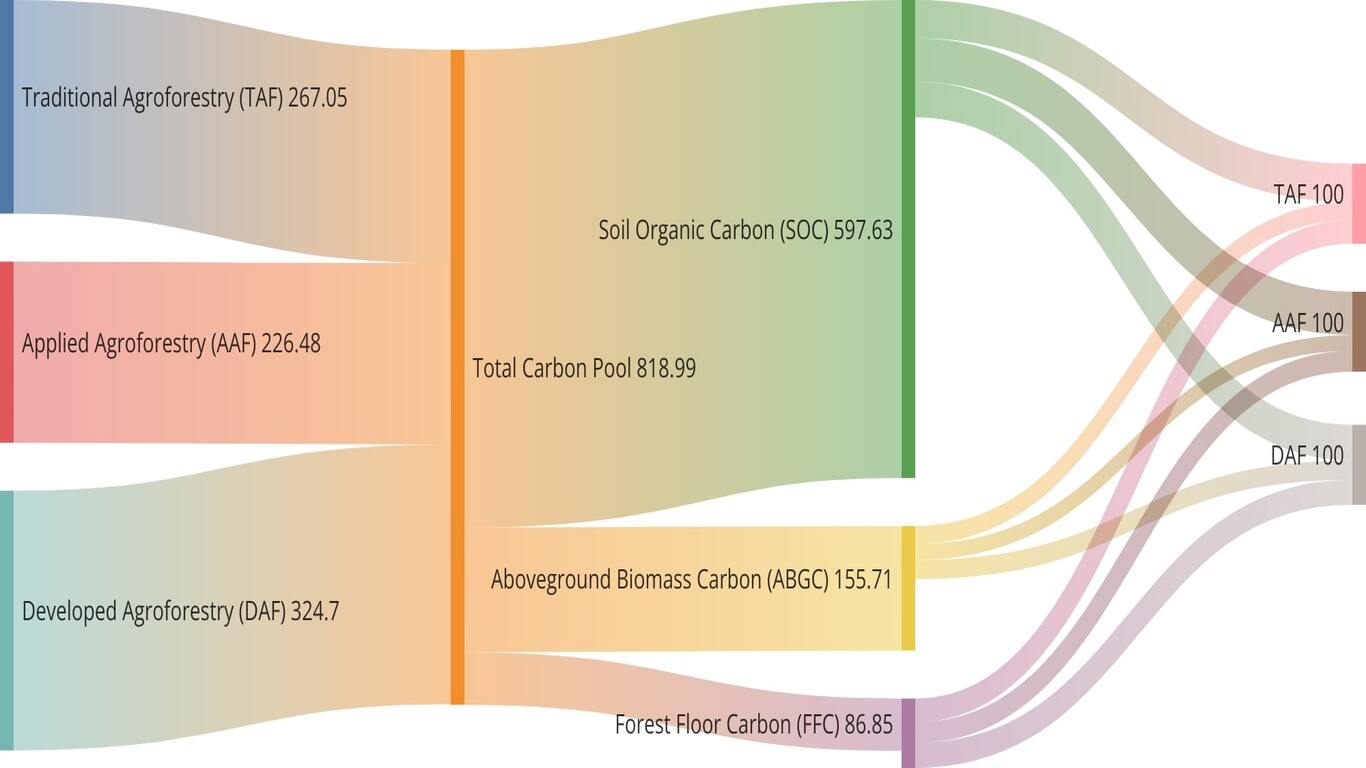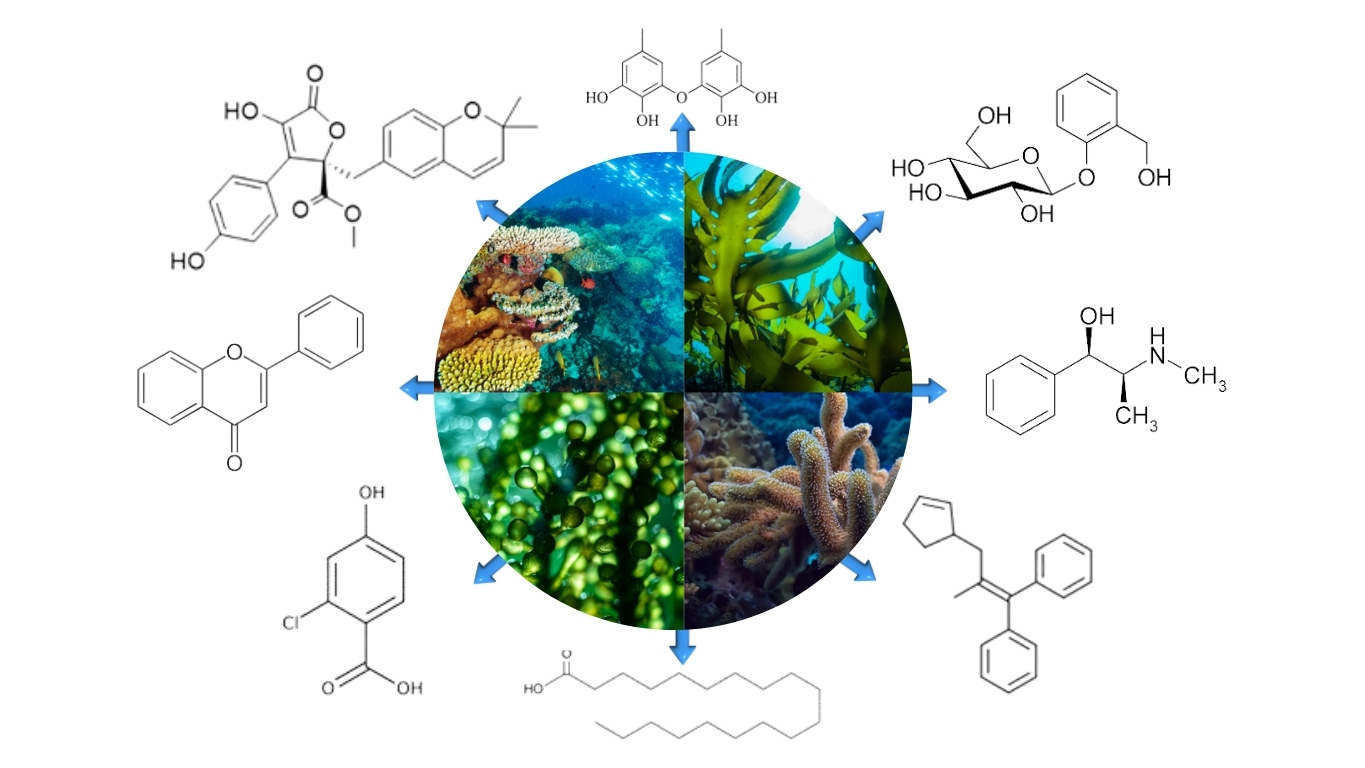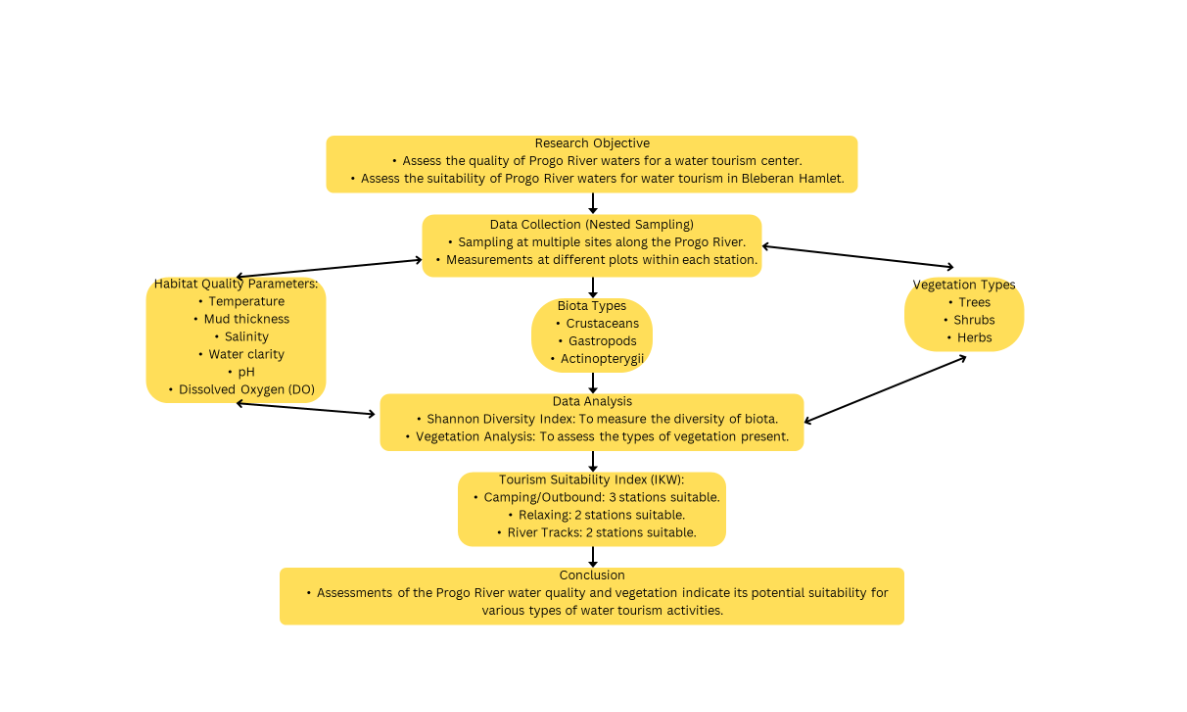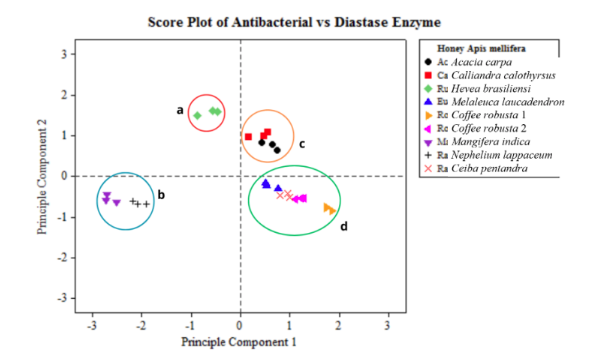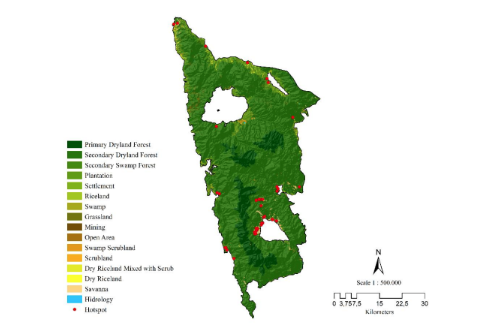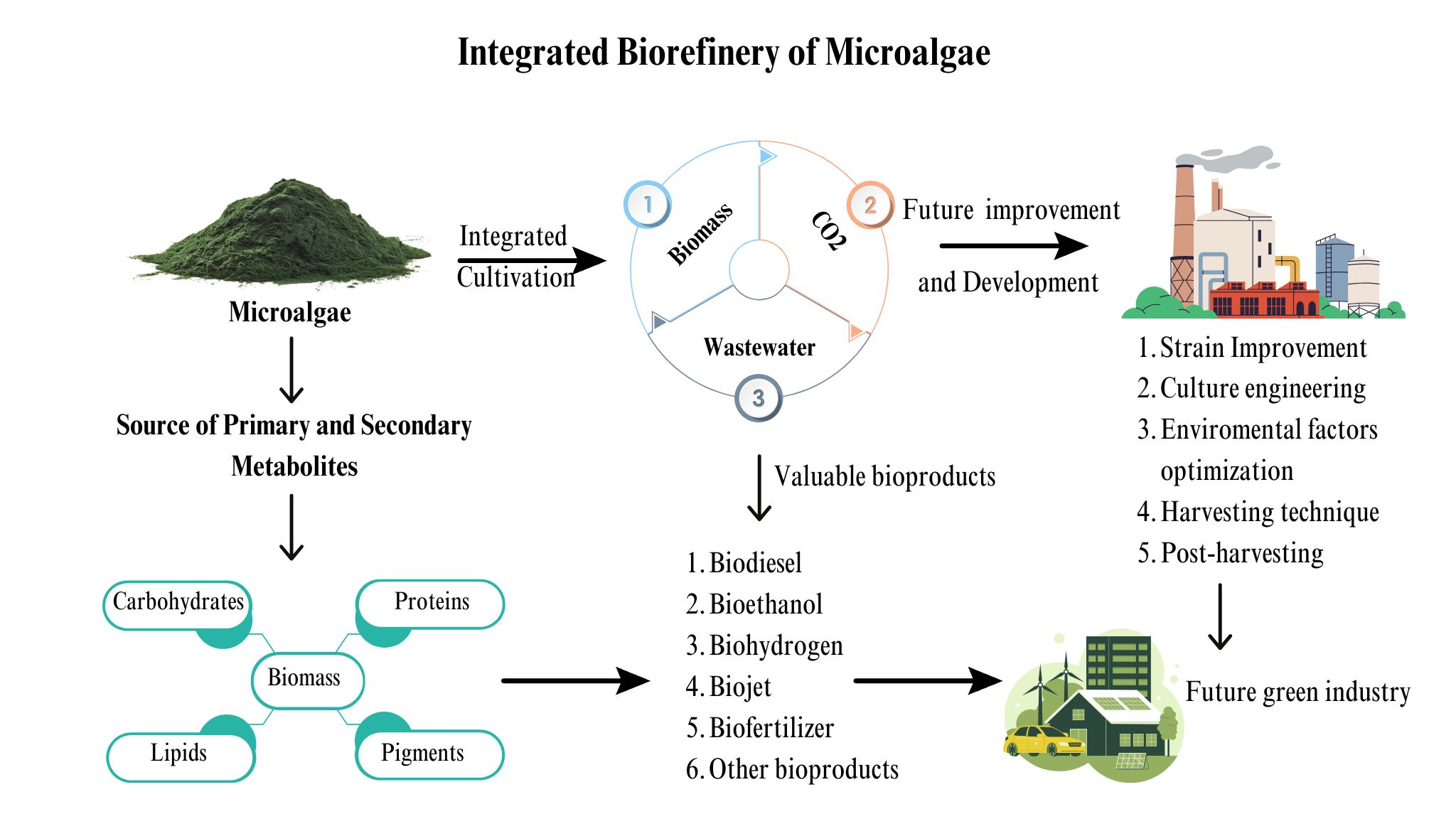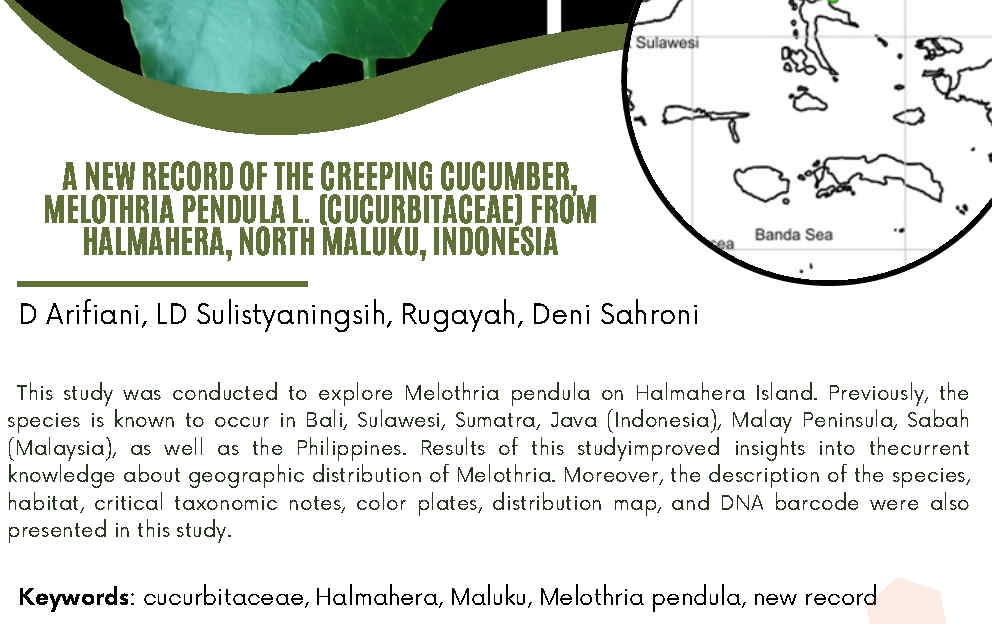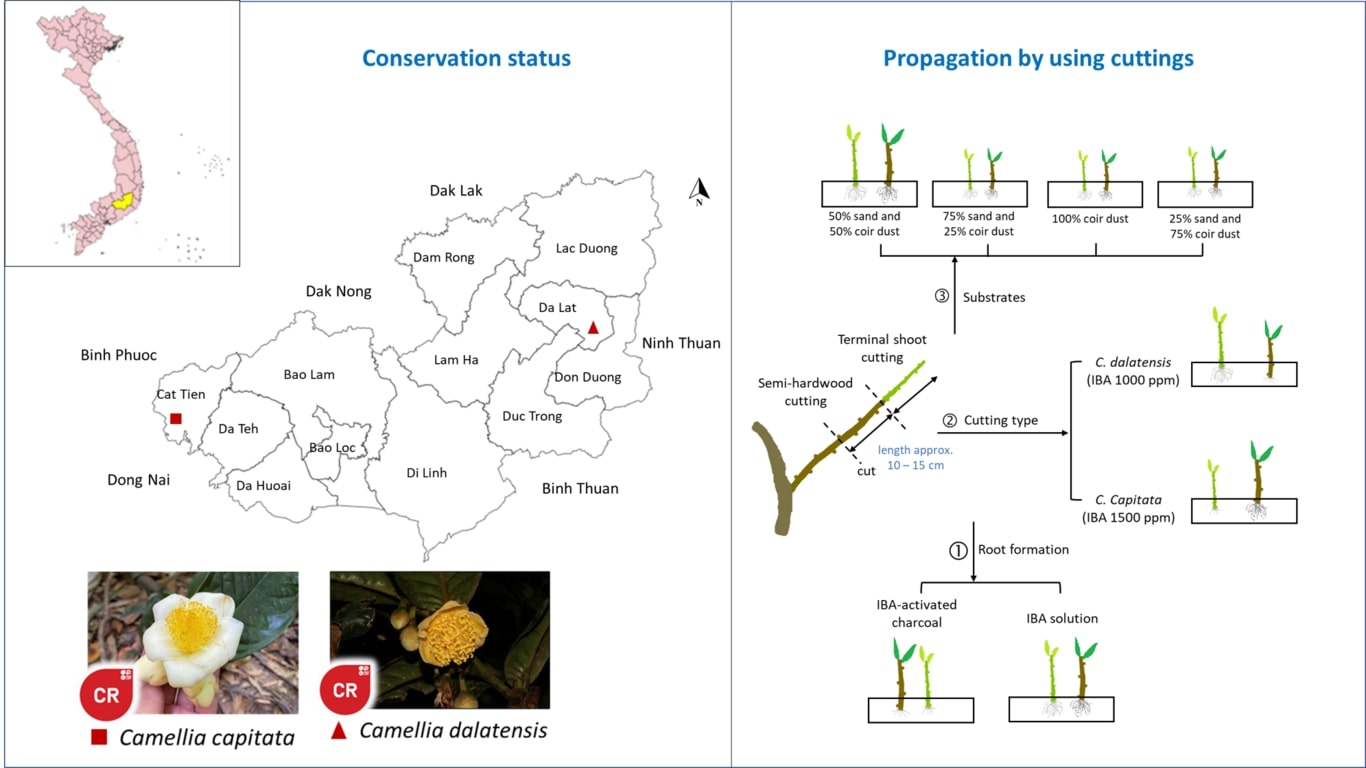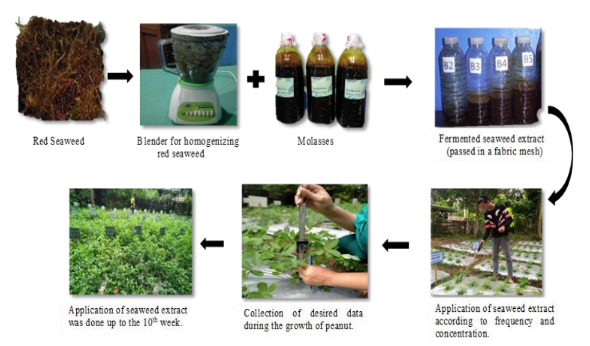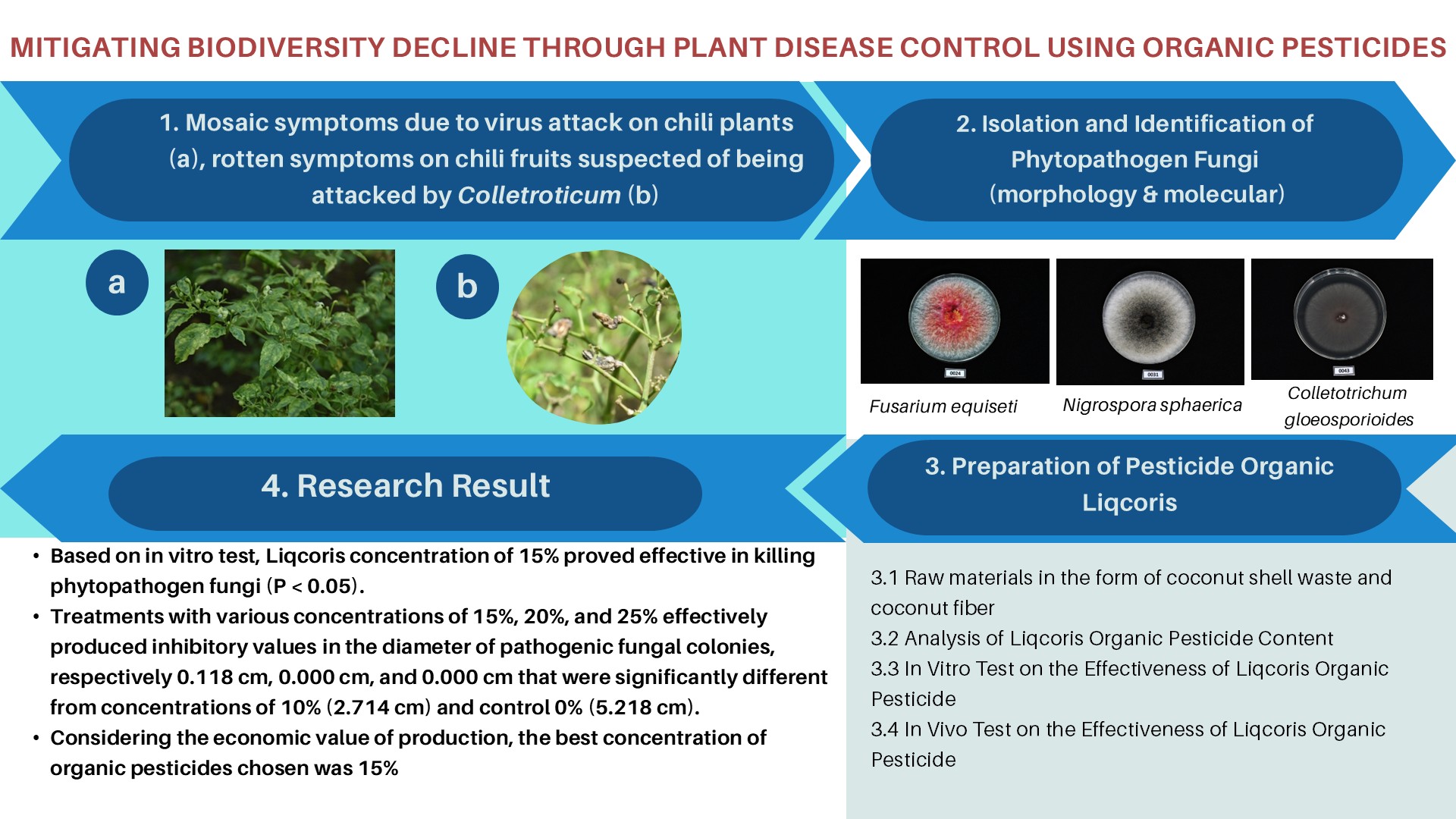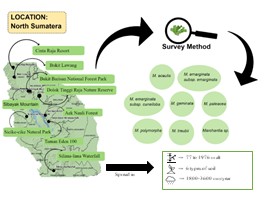INHIBITORY ACTIVITIES OF Myristica fragrans ESSENTIAL OIL ON AFLATOXIGENIC STRAINS
Downloads
Aflatoxin B1 is a highly toxic and carcinogenic metabolite produced by aflatoxigenic strains that commonly contaminate food and agricultural commodities. This study evaluates the inhibitory effects of Myristica fragrans Houtt (nutmeg) essential oil extracted by hydrodistillation on the mycelial growth, sporulation, and aflatoxin B1 production of Aspergillus flavus IMI 242684 and Aspergillus parasiticus IMI 283883 by fumigation and contact application. An analysis of M. fragrans essential oil using the chromatography-mass spectrometry showed that its major components are safrole (42.50%), 4-terpineol (23.81%) and methyl eugenol (11.14%). At a concentration of 1000 ppm of essential oil, the mycelial growths of both Aspergillus strains were completely inhibited by vapor treatment but only reduced by about 70% by contact treatment. However, the sporulation and aflatoxin B1 production were completely inhibited by both contact and vapor treatments. Vapor treatment induced a higher level of inhibition than contact treatment. In conclusion, nutmeg essential oil is a potential biochemical agent that can help prevent contamination of stored foods and feeds.
Downloads
Authors who publish with this journal agree with the following terms:
- Authors retain copyright and grant the journal right of first publication, with the work 1 year after publication simultaneously licensed under a Creative Commons attribution-noncommerical-noderivates 4.0 International License that allows others to share, copy and redistribute the work in any medium or format, but only where the use is for non-commercial purposes and an acknowledgement of the work's authorship and initial publication in this journal is mentioned.
- Authors are able to enter into separate, additional contractual arrangements for the non-exclusive distribution of the journal's published version of the work (e.g., post it to an institutional repository or publish it in a book), with an acknowledgement of its initial publication in this journal.
- Authors are permitted and encouraged to post their work online (e.g., in institutional repositories or on their website) prior to and during the submission process, as it can lead to productive exchanges, as well as earlier and greater citation of published work (See The Effect of Open Access).









